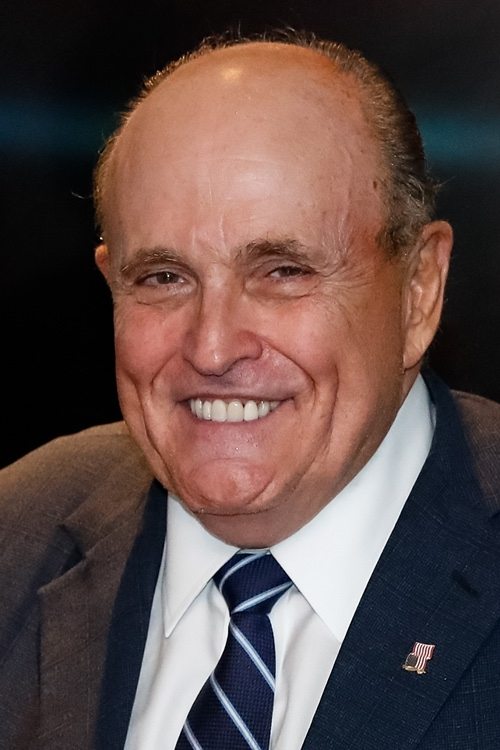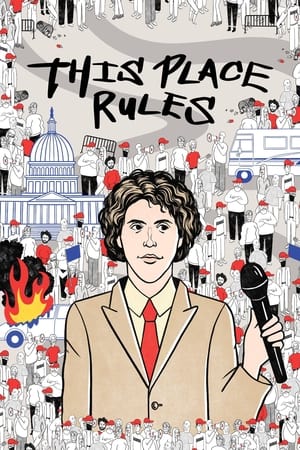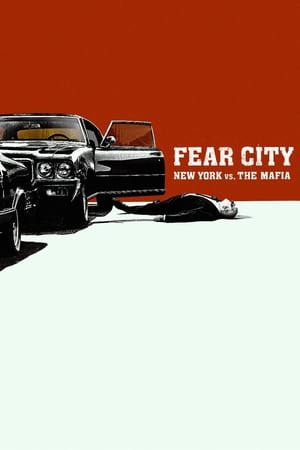
Rudolph William Louis Giuliani (born May 28, 1944) is an American politician and lawyer who served as the 107th mayor of New York City from 1994 to 2001. He previously served as the United States Associate Attorney General from 1981 to 1983 and the United States Attorney for the Southern District of New York from 1983 to 1989. Giuliani led the 1980s federal prosecution of New York City mafia bosses as U.S. Attorney for the Southern District of New York. After a failed campaign for Mayor of New York City in the 1989 election, he succeeded in 1993, and was reelected in 1997, campaigning on a "tough on crime" platform. He led New York's controversial "civic cleanup" from 1994 to 2001. Mayor Giuliani appointed an outsider, William Bratton, as New York City's new police commissioner. In an effort to reform the police department's administration and policing practices, they applied the broken windows theory. The theory states that social disorder, like disrepair and vandalism, attracts loitering addicts, panhandlers, prostitutes, and criminals. Accordingly, Giuliani removed panhandlers and sex clubs from Times Square. As crime rates fell steeply, well ahead of the national average pace, Giuliani was widely credited, though later critics cite other contributing factors. In 2000, he ran against First Lady Hillary Clinton for a U.S. Senate seat from New York, but left the race once diagnosed with prostate cancer. For his mayoral leadership after the September 11 attacks in 2001, he was called "America's mayor" and was named Time magazine's Person of the Year for 2001.





